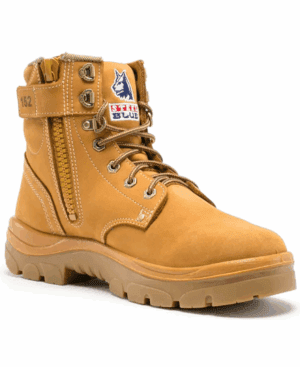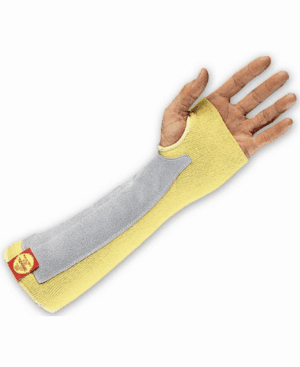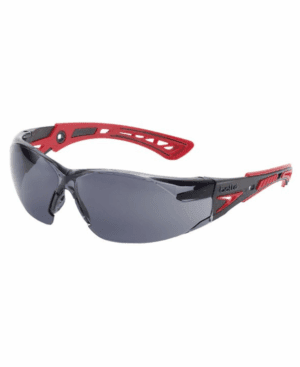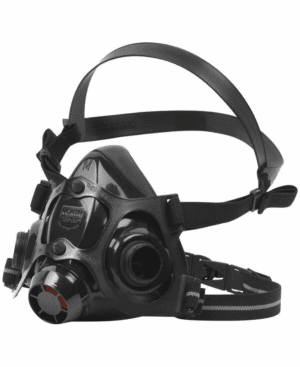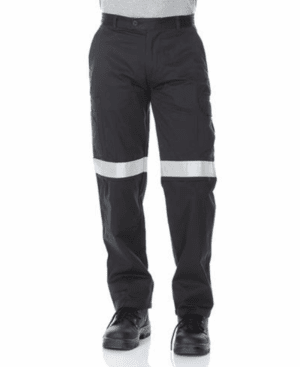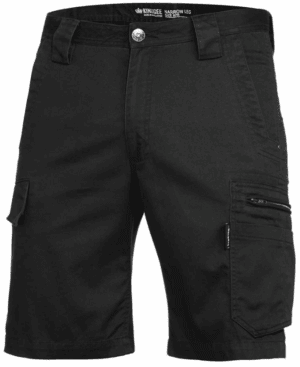Safety Glasses
-
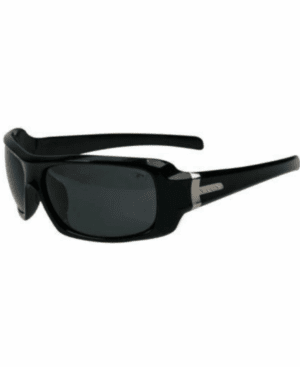
Eyres Hotrod Safety Glasses
$39.97 inc GST View -
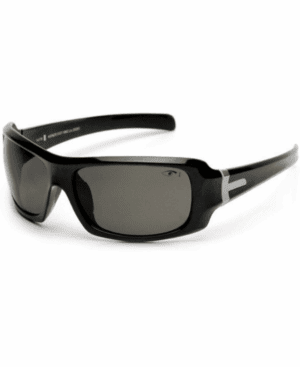
Eyres Hotrod Safety Glasses Polarised
$71.51 inc GST View -
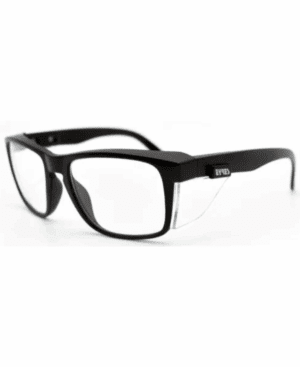
Eyres Stealth Black Frame Safety Glasses Clear Lenses
$33.34 inc GST View -
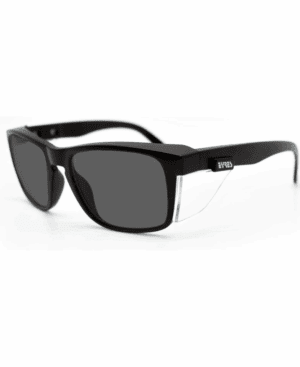
Eyres Stealth Black Frame Safety Glasses Smoke Lenses
$33.34 inc GST View -
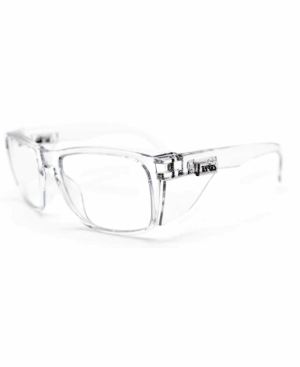
Eyres Stealth Clear Frame Safety Glasses Clear Lenses
$33.34 inc GST View -
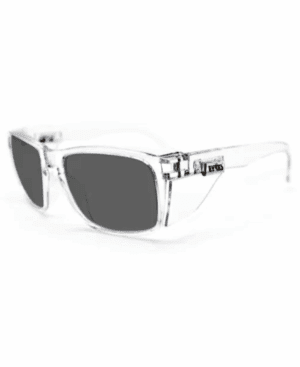
Eyres Stealth Clear Frame Safety Glasses Smoke Lenses
$33.34 inc GST View -
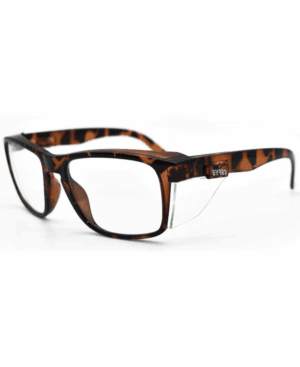
Eyres Stealth Tortoise Shell Frame Safety Glasses Clear Lenses
$33.34 inc GST View -
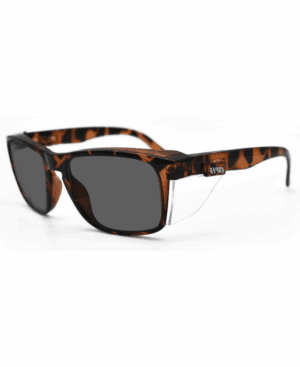
Eyres Stealth Tortoise Shell Frame Safety Glasses Smoke Lenses
$33.34 inc GST View -
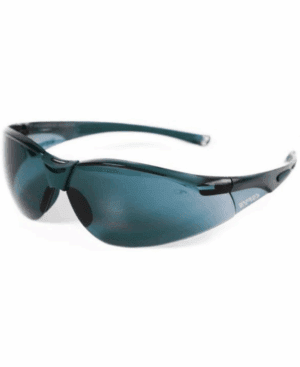
Eyres Terminator Safety Glasses Blue/Grey
$9.65 inc GST View -
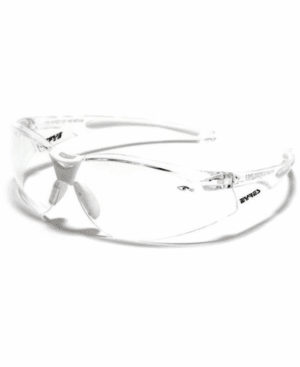
Eyres Terminator Safety Glasses Clear
$9.65 inc GST View -
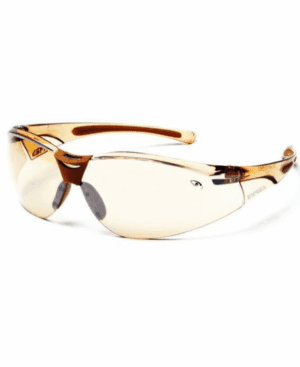
Eyres Terminator Safety Glasses Indoor/Outdoor
$9.65 inc GST View -
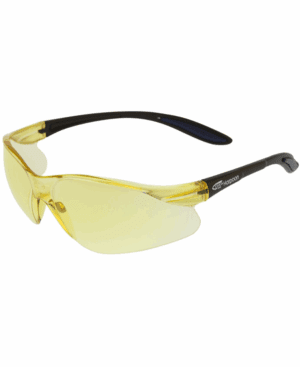
Harpoon Safety Glasses Amber
$7.73 inc GST View
FAQs
What are safety glasses made of?
Most safety glasses are made from polycarbonate, a lightweight plastic known for its exceptional impact resistance and optical clarity. Other materials used include Trivex, which offers similar impact resistance with improved optics, and acrylic, which is less durable but more affordable. Glass lenses may also be used for their scratch resistance, though they are heavier and can break more easily under impact.
Can you use regular glasses as safety glasses?
No, regular prescription glasses are not designed to withstand industrial hazards and do not meet the impact resistance standards required for safety glasses. Approved safety glasses must meet Australian Standard AS/NZS 1337.1 and are designed to resist high-velocity impacts and provide side protection. Prescription safety glasses or over-glasses should be used if vision correction is required.
What qualifies as safety glasses?
Safety glasses must meet specific standards such as AS/NZS 1337.1 to be considered compliant. They are characterised by impact-resistant lenses, robust frames, and additional protective features like side shields or wraparound designs. They are tested to ensure they provide adequate protection against high-speed particles, chemical splashes, or radiation depending on their intended use.
How can I tell if my glasses are plastic or polycarbonate?
Determining whether your lenses are plastic or polycarbonate can be done by checking product markings or specifications provided by the manufacturer. Polycarbonate lenses are lighter and more impact-resistant than standard plastic lenses. If you’re unsure, an optician can examine the lenses and confirm the material type.
How to stop safety glasses from fogging up?
To prevent fogging, safety glasses can be treated with anti-fog sprays or wipes. Some models come with factory-applied anti-fog coatings or include ventilation features that improve airflow. Ensuring the glasses fit correctly without trapping excessive heat and moisture is also important. Regular cleaning and storing the glasses in a dry place when not in use will help maintain their clarity.
Which safety glass lenses are the most impact resistant?
Polycarbonate lenses are the most impact-resistant option available for safety glasses. They are widely used across industries because they can absorb significant force without cracking or shattering. They also offer built-in UV protection, making them suitable for both indoor and outdoor use in environments where eye hazards are present.

